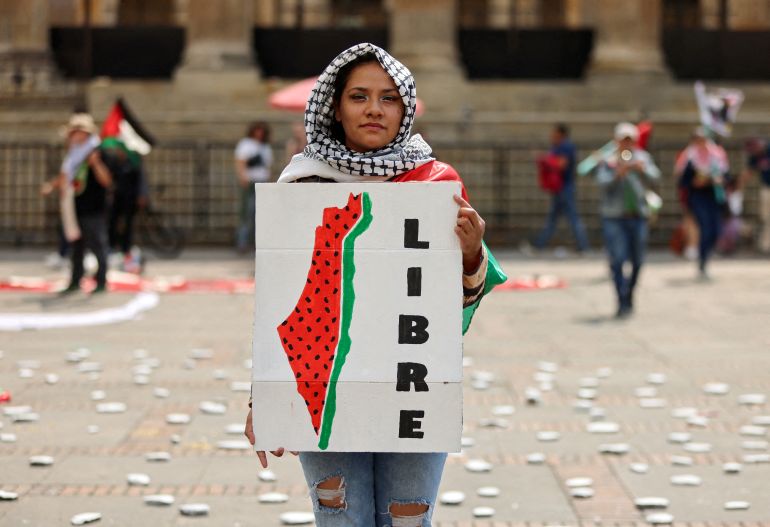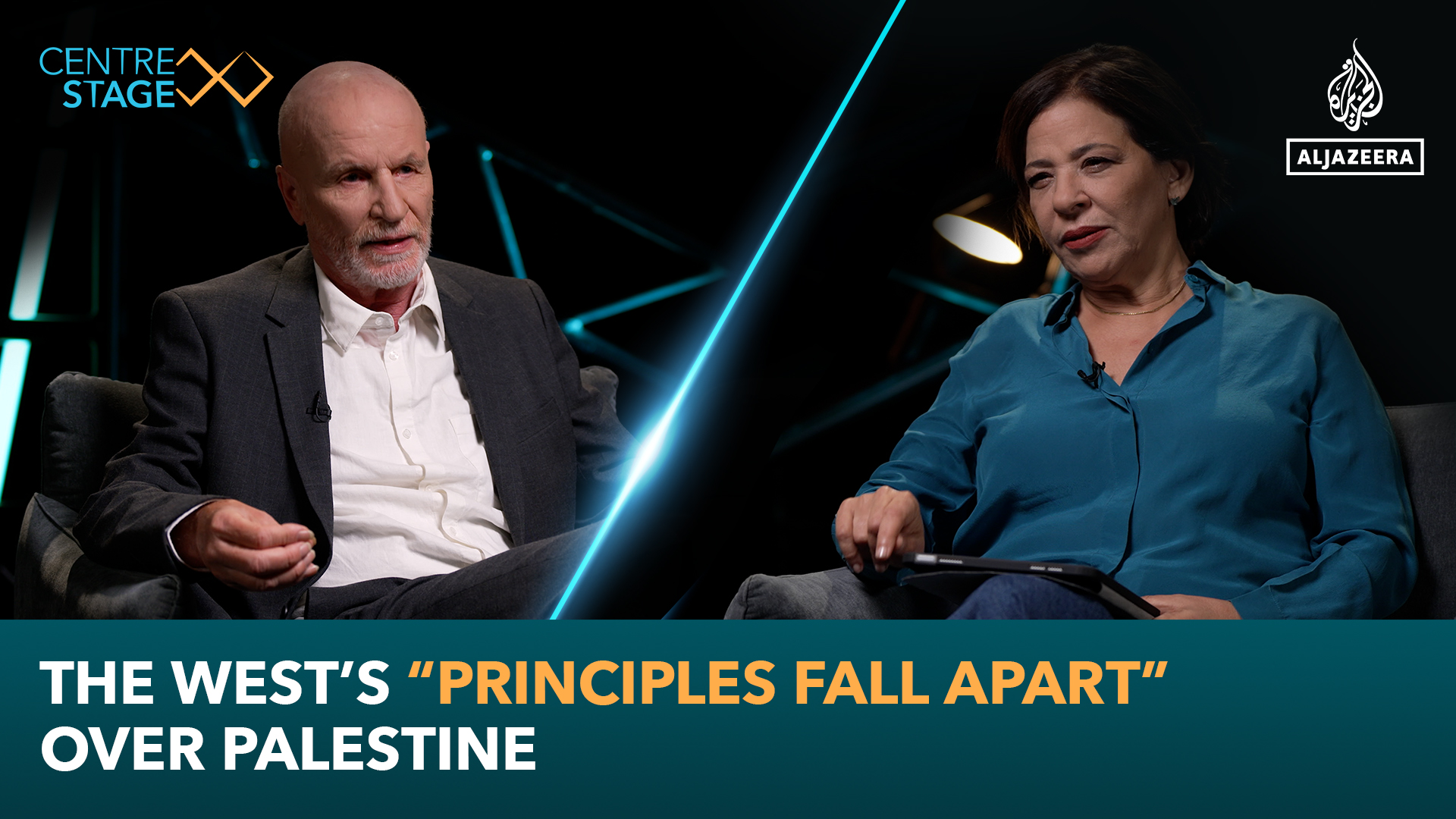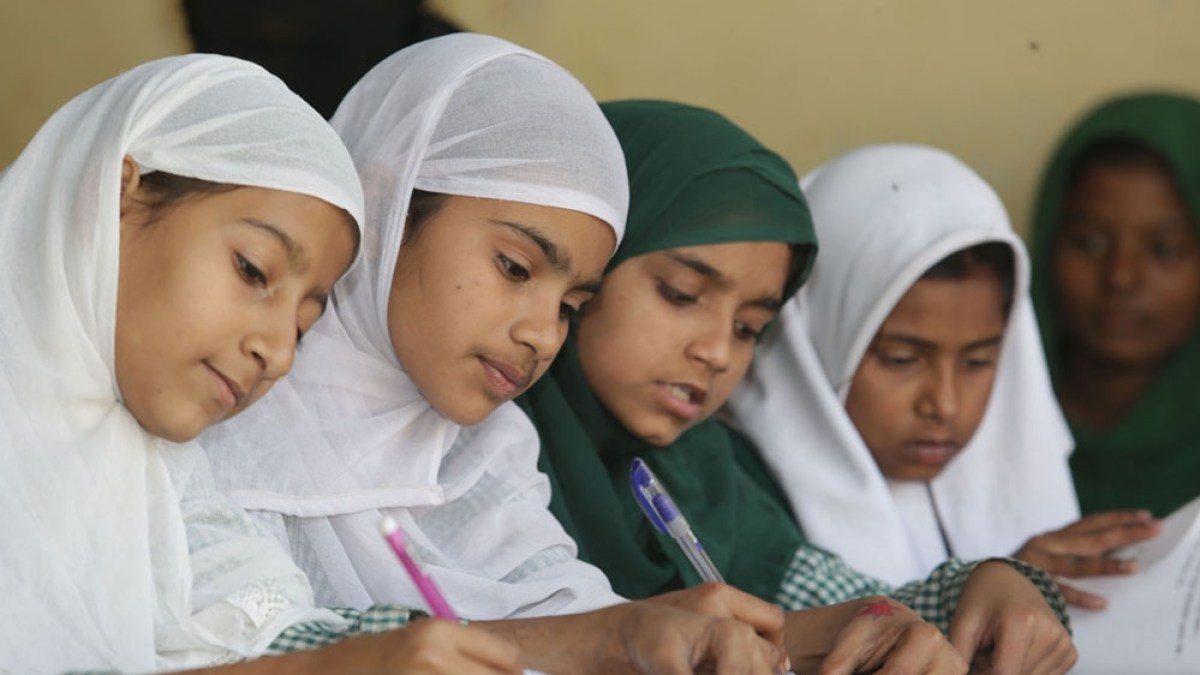Over the last century, both Muslim and non-Muslim thinkers have centred their reformist discussions on decolonisation. The sheer volume of books, articles, and seminars on this subject has become overwhelming to the point of saturation. Muslims entered this debate seeking to understand how to regain global relevance, if not influence. They struggled to pinpoint exactly where and how the Muslim agenda went off course. The colonisation of Muslim countries became the nearest and most convenient target to criticise and demonise. As a result, Muslim thinkers of the 20th century were deeply absorbed in the process of decolonisation. Analysing the root causes of our decline and disintegration is undoubtedly an essential step towards self-correction and revival. The question, however, is how much progress have we made as an Ummah by endlessly repeating age-old analyses that leave behind only a bitter aftertaste? Where has all this talk of decolonisation actually taken us?
I dare say it has led us to pursue aggressive efforts to further secularise Muslim values and promote misplaced priorities, such as pushing for a nation’s entry into the World Cup, building the tallest skyscraper, hosting music festivals, spending billions to recruit the world’s top football players, and staging Formula One races. As an afterthought, there is also an appreciation for education, often reduced to importing Western universities into the Muslim world. The significant contribution of Ismail al-Faruqi, a prominent Muslim philosopher who championed the concept of the Islamisation of knowledge, defined as the integration of Islamic principles into all fields of learning to realign modern knowledge with a monotheistic worldview, has quietly faded from focus. It has been increasingly overshadowed by an apologetic stance towards liberalism.
In striving to regain global standing, we seem to have replaced meaningful reform with superficial displays of progress.
In Western academia, discussions on decolonisation began with examinations of Jean-Jacques Rousseau’s paradox of founding and later expanded to ideas such as Frantz Fanon’s theory of spontaneity, Sukarno’s concept of guided democracy, and Ali Shariati’s paradox of colonisation. With Ismail al-Faruqi’s call for the Islamisation of knowledge, Muslims came to recognise that true self-determination must also involve a revival of Muslim epistemology. This aligns with the Peruvian scholar Anibal Quijano’s argument that decolonisation requires a critical challenge to Eurocentric control over knowledge.
The Eurocentric and Western dominance over global knowledge, particularly in areas where they have little legitimacy to lead, is evident in many examples. Curators who oversee vast collections of Muslim manuscripts often claim the authority to narrate their history according to their own interpretations, which frequently diverge from the perspectives of the original authors and traditional commentators.
As the founder and director of Darul Qasim, an Islamic seminary dedicated to advanced studies in the classical Islamic sciences, I witnessed this here in Illinois in the United States at an exhibition of rare Qur’anic manuscripts, where a non-Muslim woman had been appointed to “tell the stories” of the texts. When a student from Darul Qasim corrected several inaccuracies in her account, her only reply was a dismissive: “I’m in charge here.”
Another example involves a scholar from Darul Qasim who submitted a manuscript on classical Arabic grammar to a prominent Western publisher who refused to publish it, stating: “We cannot accept this work as you have not cited any Western sources.” Such incidents highlight how Western academic gatekeeping continues to reinforce Eurocentric control over knowledge.
Ismail al-Faruqi sought to rescue Muslim knowledge from Western dominance. His vision was to “Islamicise” knowledge by cleansing the sciences of concepts that are fundamentally incompatible with Islam. His theories were grounded in a monotheistic approach that integrated all sciences with the worldview of the Ummah. The concept gained traction and was promoted by the International Institute of Islamic Thought, a research organisation founded to advance the Islamisation of knowledge and embed it within academic discourse. While al-Faruqi’s call to reevaluate our system of knowledge was undoubtedly a step in the right direction, it does not fully lead us to the ultimate goal of comprehensive decolonisation.
What is needed is a theory that goes beyond the Islamisation of knowledge. I propose digging deeper into what scholars call the coloniality of knowledge, the persistent dominance of Eurocentric frameworks that continue to shape global intellectual thought, and advancing a theory of the desecularisation of knowledge. This requires realigning knowledge at the level of its epistemology, not merely in terms of politics or economics. Muslim scholars must take on the task of presenting and representing a coherent and effective theory of our epistemology.
In summary, Islamic epistemology recognises three primary sources of knowledge: that which comes through the five senses, that which is derived from human intellect, and that which is conveyed through authentic and true reports, such as revelation to a Prophet. These three encompass every source of knowledge known to humankind, with intuition and dreams also understood as products of the intellect.
Historically, Muslims played a leading role in mastering these sources of knowledge and disseminating them across the world. In Islam, knowledge is never separated from Allah, who is the original source of all knowledge. Unlike Western intellectual traditions that sought to separate knowledge from God in pursuit of modernity and prosperity, Islam affirms that true creativity flows from Allah, and that inventions and innovations arise from honouring Allah’s knowledge of the world.
Unfortunately, there is today a deep tension in the Muslim world over how to distinguish between Islamic and secular knowledge. Many seem to believe that Muslims must undergo a Western-inspired renaissance to reclaim past glory, doing so without regard for the afterlife, or akhirah. The problem is that Muslims do believe in the akhirah, and this has created a self-imposed and false dichotomy, born of misunderstanding Islamic principles, that suggests Muslims must compete with the West while simultaneously upholding the rules of salvation. This perceived conflict forces an artificial wedge between what is considered Islamic and what is considered secular.
I believe this dichotomy is false, and anyone familiar with Islamic law, or fiqh, would recognise that. Islamic law governs how Muslims act, react, and interact with the mundane world in ways that have direct implications for their afterlife. Human actions in this world have consequences in the next. While this is not a treatise on Islamic law, this observation alone should address the doubts of sceptics. Muslims are generous not only because it helps those in need, but because they believe such acts bring immense reward in the akhirah. Charity, therefore, is not merely a humanitarian value, but a profoundly religious one. Belief in the akhirah desecularises even the simplest acts of kindness, reaffirming how Islamic thought integrates the material and spiritual.
I propose that Islamic epistemology views all knowledge not as secular or sacred, but as either beneficial (nafi’) or more beneficial (anfa’). Any knowledge that benefits an individual, human or non-human, in this world is considered beneficial. The Quran itself provides examples of such knowledge: Allah taught Nuh (Noah) the craft of building an ark from wooden planks that withstood a massive storm, and taught Dawud (David) the skill of forging armour from iron. In both cases, the knowledge is described as coming directly from Allah, and therefore, cannot be considered secular. Building bridges, highways, hospitals, and schools also falls into this category of beneficial (nafi’) knowledge, as these works serve human welfare in this life.
Knowledge that benefits human beings in the akhirah is anfa’, or more beneficial. This includes knowledge of reciting the Quran, understanding ritual worship, and knowing how to serve Allah. Establishing religious schools (madrassas), mosques, and zakat foundations, for instance, belongs to this category of anfa’ knowledge.
Muslims do not need to create a false dichotomy in knowledge, for tawheed, the oneness of Allah, also encompasses the unity of knowledge. With this understanding, there is no need to desecularise knowledge; rather, we must appropriate it correctly according to its utility in this world and the next. The key lies in affirming the existence of the other world. I dare say that, in an age where belief in parallel universes is entertained, life beyond this world is not as far-fetched as secularists might have us believe.







